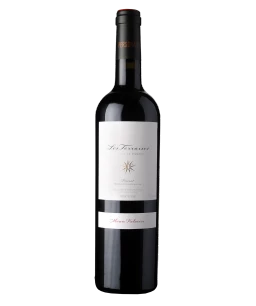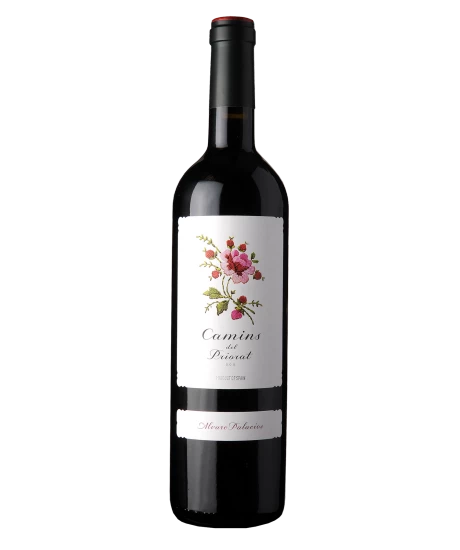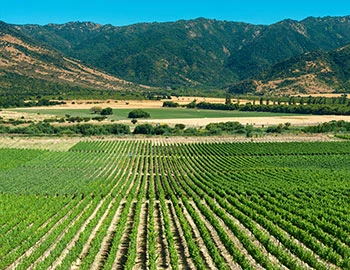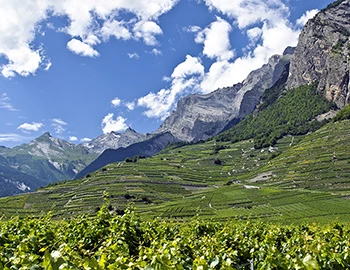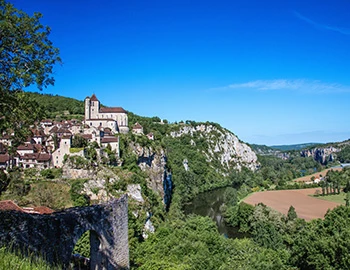Catalunya
Catalonia: the great range
Spain’s second largest wine region has an impressive variety to offer. As a result, there are eleven different designations of origin in Catalonia. As the home of cava, Catalonia is one of the leading producers of sparkling wines produced according to classical methods. There is a wide selection of both elegant white wines and well-structured reds. Areas such as Priorat or Montsant have experienced an enormous upswing in recent years. The traditional sweet wine Moscatel de Sitges is also produced here.
Sparkling wines from Catalunya
White wines from Catalunya
Red wines from Catalunya
In the 70s and 80s, Catalonia was a pioneer in the internationalisation of Spanish wine. Bordering France, and traditionally closely connected to the French part of Catalonia, large areas have long been planted with Cabernet Sauvignon, Merlot or Chardonnay. Even in Priorat, which today is Catalonia’s most well-known red wine area, vintners initially bet on Cabernet, Merlot and Syrah. Since the 90s, their attention has increasingly turned to the long-established Garnacha (Grenache) and Cariñen (Carignan) varieties. By now, the trend towards these autochthonous plants is noticeable in all of Catalonia.
Worldwide Cava boom
Catalonian viticulture's greatest success story was written by Josep Raventós, who after a trip to Champagne in 1872 produced sparkling wines according to the principle of secondary fermentation in the bottle for the first time in his native Alt Penedès. This has developed into a booming market, with almost 250 million bottles of cava produced annually.
Large climatic differences
The current cultivation area of 60,000 hectares is divided into eleven subregions, each with its own designation of origin. The largest in terms of area is the Penedès region, at 27,000 hectares. Along the coast, the climate is shaped by the Mediterranean, while cold north winds regularly provide cooling in the catchment area of the Pyrenees. The annual precipitation of 900 millimeters per year per square metre is relatively high. In the interior of the region (e.g., Conca de Barbera or Costers del Segre), it is drier (approximately 450 millimeters) and the climate is more continentally influenced, with large temperature differences between summer and winter. The soils are mostly marked by limestone or granite, though slate also predominates in limited cases (Priorat).
Ever more premium red wines
Among the most important local white varieties are Macabeo, Xarel-lo and Parellada, with Garnacha and Cariñena for the reds. Above all, the Catalan wines impress with fruity richness and structure. In the wake of the flagship Priorat region, interest is also gaining in crus from Montsant, Terra Alta, Costers del Segre, Tarragona and Conca de Barbera.




